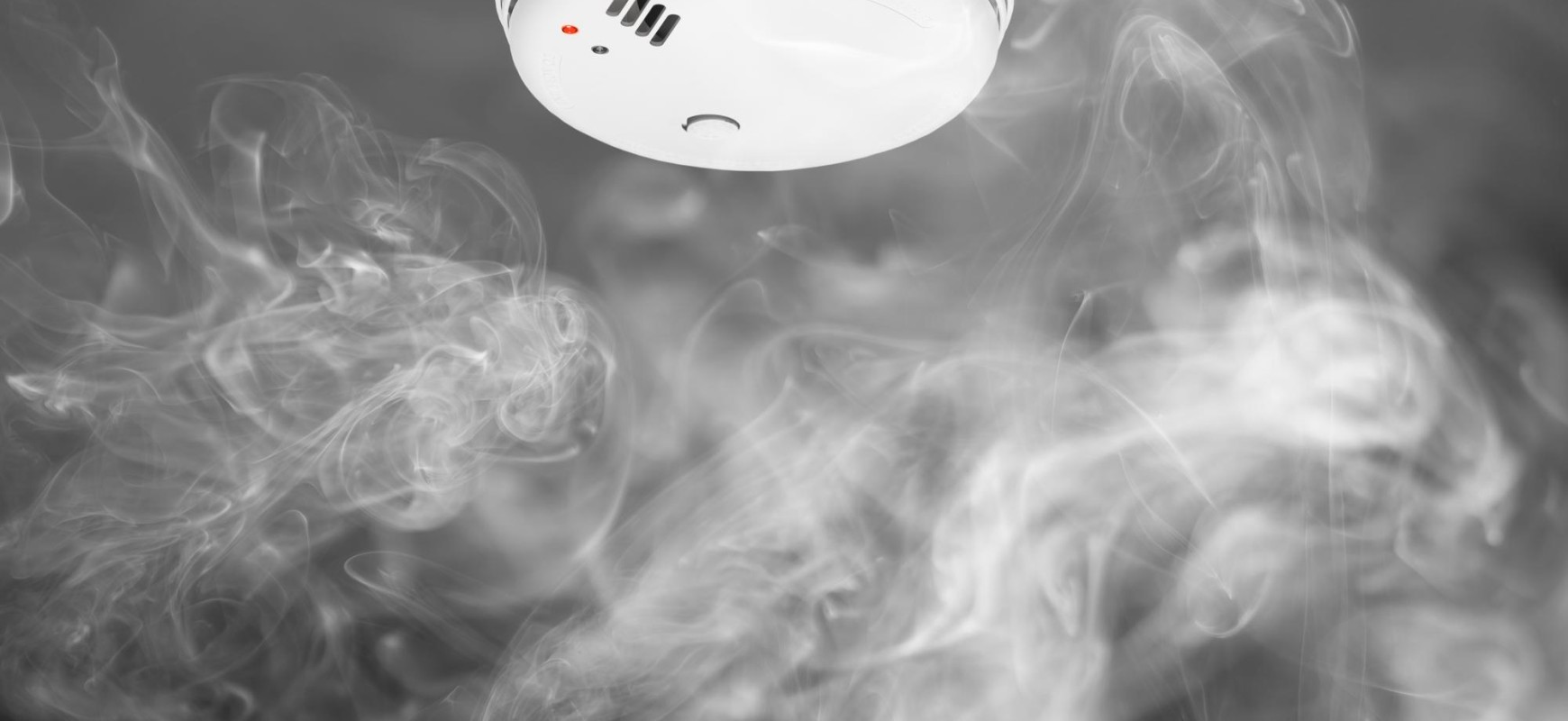
According to the American SPCC, fire departments respond to an average of 355,400 home fires each year and on average seven people die in house fires every day.
Imagine waking up in the middle of the night to a faint crackling sound, you smell smoke, open your bedroom door to investigate and suddenly you are blasted with heat and an eerily bright orange light from a raging fire in your hallway. Wouldn’t you want to know what to do in such a frightful situation? Does your family have the tools and tips on how to keep people and pets safe in such an event?
Disturbingly, fire deaths are increasing in the U.S. The USFA reports fire deaths in 2019 were almost 21% higher than in 2009.
Fire Safety Tips
Luickly, there are many steps you and your family can take to prevent the devastation of a home fire.
Install Smoke Detectors
According to the American SPCC, 65% of fire deaths occurred in homes without working smoke detectors. Smoke detectors provide an early warning that can give you and your family enough time to escape. Every level of your home should have working smoke detectors. The NFPA suggests having a smoke detector installed in every sleeping room and an additional smoke detector outside each sleeping area. You should also wire them all together so if one goes off, they all go off. Make sure to replace your smoke detectors every 10 years.
Have a Fire Evacuation Plan
You can start by drawing out your home's floor plan and making note of all possible exits. Make sure each exit is clear of clutter and can easily open in case of an emergency. Remember to teach everyone in the home, that when they hear the fire alarm to leave the home immediately and when exiting to stay low to the ground to inhale less smoke. Keep all loved ones and pets in mind when you hear the alarm. If you have elders or infants at home make a plan to get them to safety. If your clothes happen to catch fire remember to stop, drop, and roll. Choose a place for everyone to meet safely and make sure everyone knows how to get there. Call 911 once you get to your safe place and do not go back inside.
Practice Open Fire Safety
Wood stoves and fireplaces can be a great way to heat your home in the winter but they also can present a significant risk if you do not take the correct safety precautions. The NFPA recommends you clean your chimney each year to reduce the risk of a house fire.
Check Electrical Safety
Faulty outlets and outdated appliances cause most electrical fires in homes each year. Have an electrician replace any old appliances or outlets in your home to reduce the risk of a fire. It is also important to make sure you are not using more electricity than your circuits can handle.
Kitchen Safety
According to the NFPA, the leading cause of residential fires is due to cooking. That is why it comes to no surprise that there are more house fires on Thanksgiving Day than any other day of the year. When it comes to kitchen fire prevention make sure you never leave food unattended, always turn off the stove after using it, do not wear loose clothing that can easily catch flame and clean up spilled grease as soon as it cools.
Be Cautious During Holidays
The highest number of residential fires come during the months of Thanksgiving and Christmas. Unfortunately, these fires are also the most deadly. Be careful with turkey fryers. Turkey fryers can easily tip over and spill out a large amount of boiling oil. Make sure when you only use the fryer outdoors and on a stand to reduce the risk of a fire. Another holiday safety tip is to always monitor your Christmas tree. Christmas trees can be highly flammable due to their sap content. Electrical lights around the Christmas tree cause 44% of Christmas tree fires so always unplug any lights before leaving the house. Lastly, make sure you water your Christmas tree every day. Dried out trees can catch fire within seconds.
A house fire is everyone’s worst nightmare. However if you are able to plan, practice and prepare a house fire does not have to be a tragedy. Remember, our families are our whole world. Your home can be replaced, but your family cannot. Be aware. Be alert. Be ready. Go to Wakinguptosafety.com for more amazing references in helping you and your loved ones stay safe. #WakingUpToSafety



